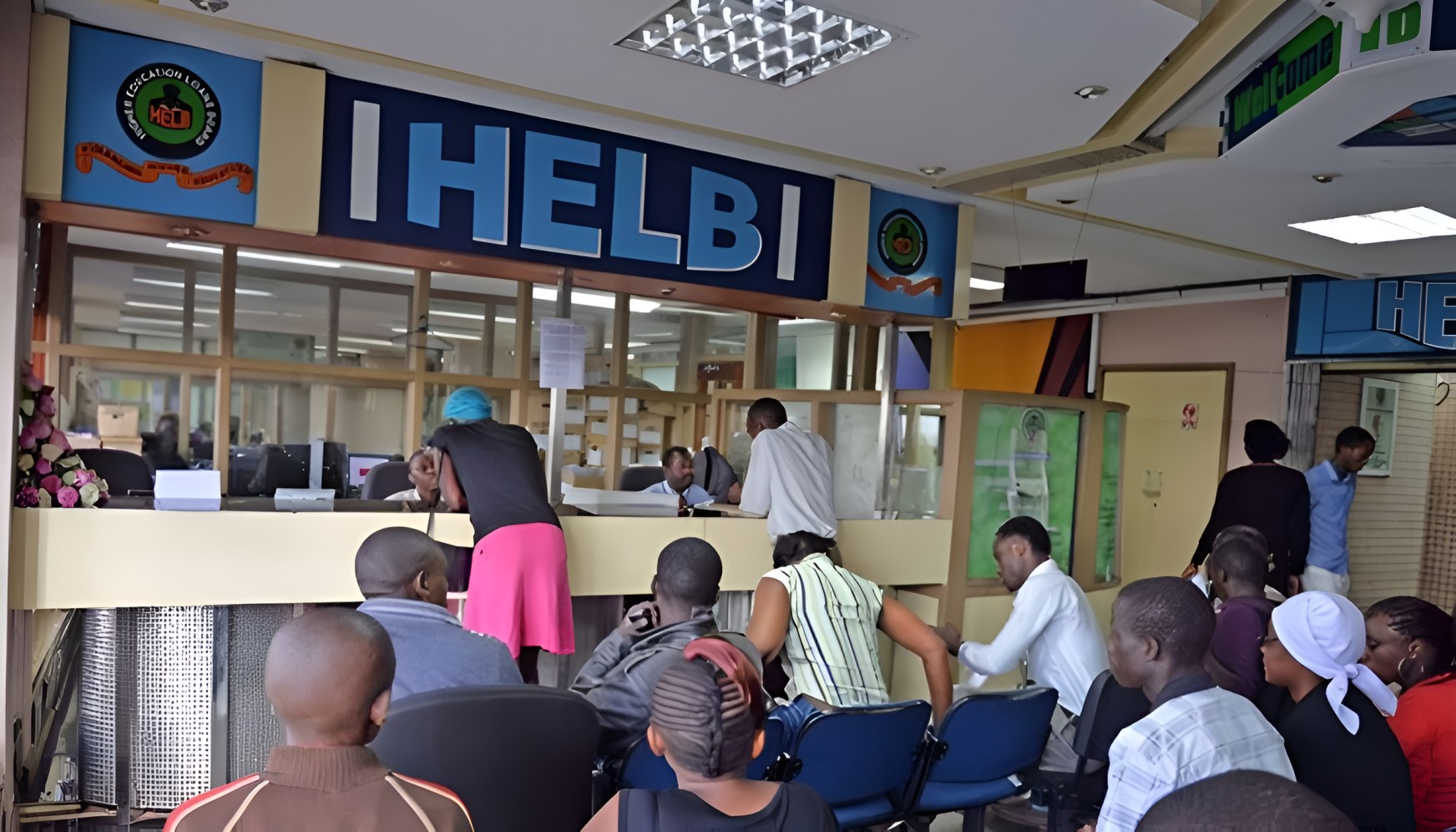The Higher Education Loans Board is under increasing pressure after 310,942 loan beneficiaries defaulted on repayments totaling Sh35.14 billion, raising alarms over the future of higher education financing in the country.
The default crisis now threatens the sustainability of HELB, which operates as a revolving fund meant to support successive generations of university and college students.
HELB chief executive Geoffrey Monari said the total amount of defaults could finance 289,000 students in public institutions for an entire academic year.
“If all debtors paid their dues, HELB would reduce reliance on the National Treasury funding. It would expand access to higher education and institutional credibility would be strengthened,” he said.
Currently, 71,806 defaulters have already been blacklisted by credit reference bureaus Metropol and TransUnion, cutting them off from accessing loans or other credit services.
Monari said HELB’s debt recovery efforts are complicated by several issues, including high unemployment, the migration of graduates to the diaspora, and the rise in gig work which is harder to track for repayments.
“HELB uses a multi-pronged approach to debt collection. This includes statutory employer check-off system and strategic partnerships and data-sharing with institutions,” Monari said.
The board also relies on reminders, penalty waivers for lump sum payments, and the involvement of loan guarantors to push for repayments.
While 463,150 former students are still repaying loans amounting to Sh66.26 billion, the outstanding loan balance now stands at Sh101.4 billion across 774,092 loan accounts.
This includes Sh682 million owed by 11,117 individuals who studied before HELB was formally established in 1995.
The rise in defaulters has been steady over the years, with funding remaining static even as student numbers grow.
In the 2024/25 financial year, Sh35.9 billion was allocated to HELB by the government—an amount nearly equal to the total currently defaulted.
Monari dismissed calls to write off some loans, explaining that such decisions lie with the National Treasury through the Ministry of Education, not HELB itself.
“The decision to write off loans lies with the National Treasury through the Ministry of Education, not HELB,” he said.
President William Ruto, during his campaign in 2022, promised to reform HELB and make loans interest-free, but the commitment has not materialised nearly three years into his term.
Meanwhile, the fund continues to struggle with an increasing number of non-performing loans and limited resources.
Monari said a widespread belief that HELB loans are grants or donations is one of the key problems.
“A key challenge that HELB faces in its debt collection is a misconception that HELB loans are social or non-repayable,” he stated.

